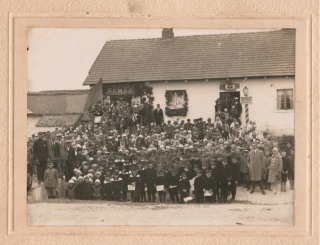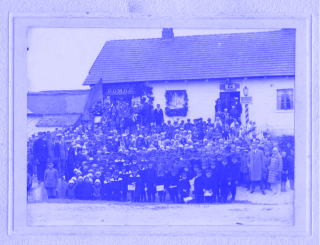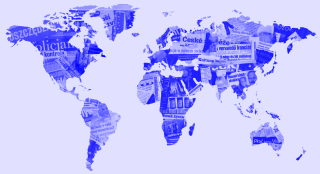Topic
Institutions and Cultures of Economic Activity
This section examines the transfer of economic institutions into Eastern Europe and their adaptation to regional parameters, value judgments and patterns of behaviour. It is searching for answers to what role processes of entanglement and globalisation played in the formation and development of regionally specific cultures of economic activity.

Institutional Transfer and Cultural Character of Economic OrdersThe reception of Western models and competitors played an important role in the development of economic orders and the arrangement of economically relevant institutions in the empires and nation states of Eastern Europe, a role that shifted over time. Both liberal economic ideas and efforts to substitute via state intervention the (supposedly) lacking socio-cultural conditions for the initiation and continuation of economic modernisation processes ensued from the 19th century onwards.
These researches take the backwardness paradigm seriously to the extent that it governed the East-European actors’ actions. Yet they concentrate on reconstructing the transfers and the adaptations of the institutions themselves. They examine state plans for regional development after 1918, 1945 and 1989, as well as the role credit cooperatives played in agrarian modernisation and national economic policy during the interwar years. Finally, these researches ask to what extent specific cultures of economic activity developed in Eastern Europe and what role, alongside regional circumstances, processes of entanglement and globalisation also played in this.

